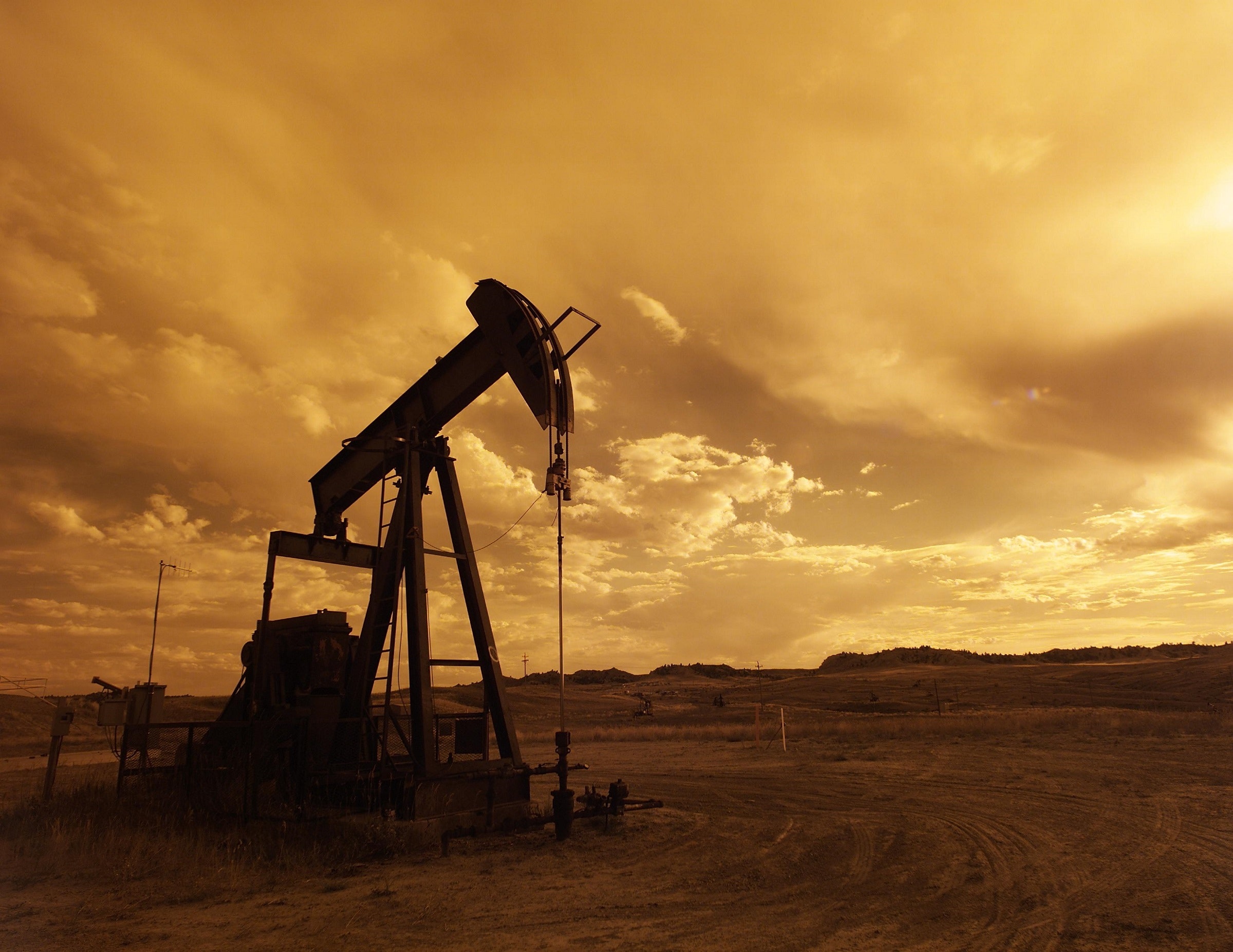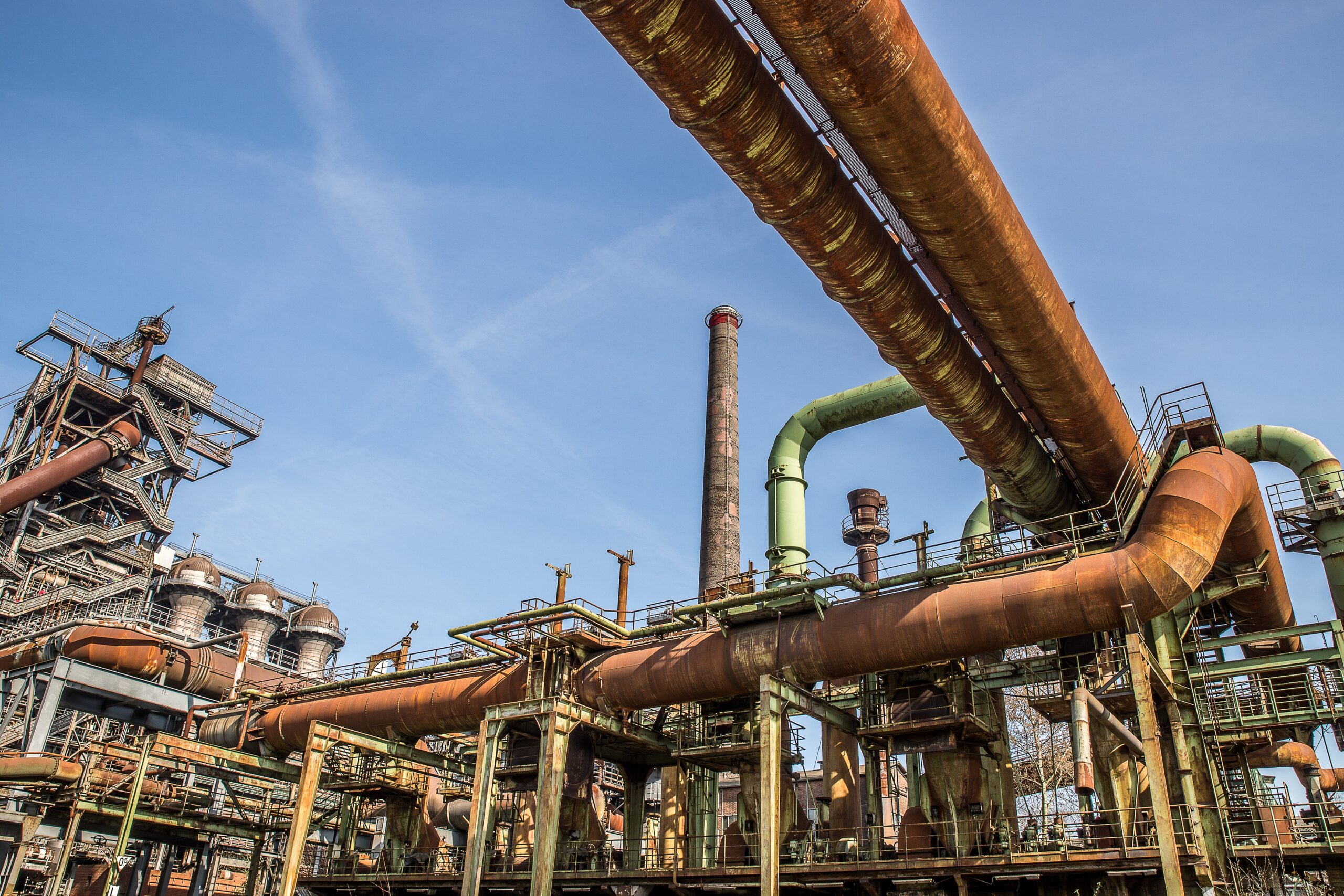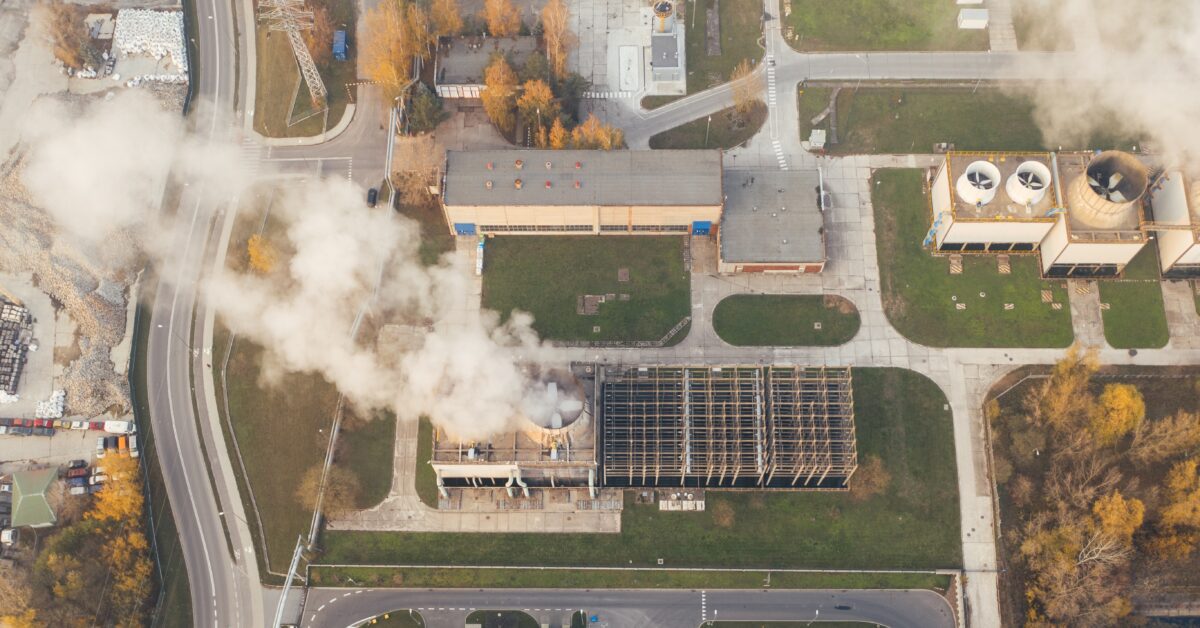As anyone in the oil and gas industry knows, environmental concerns and regulations can be a huge obstacle in building pipelines and routing our nation’s energy supply from place to place. That’s where environmental consultants come in.
With a robust understanding of environmental rules, permitting, assessments, and more, these individuals are skilled at ascertaining and reporting on the state of the natural environment and its capacity to house manmade structures. As we transform the preexisting environment into a built one, environmental consultants are here to help it go to plan.
In this article, we’ll cover the various roles and responsibilities of environmental consultants in the public and private sectors with a special focus on the oil and gas industry. We will discuss the skills needed to excel in this field, the signs your company may need to hire an environmental consultant, what they actually do, and more.
What Is an Environmental Consultant?
 via Pexels
via Pexels
Environmental consultants are highly trained individuals who have extensive knowledge of environmental regulations. One of their primary tasks involves advising clients in both the private and public sectors to ensure that projects adhere to these regulations. For instance, an environmental consultant could help a company avoid potential fines, legal action, or misguided efforts that harm the environment.
What makes environmental consultants stand out is their scientific knowledge and technical expertise. These skills allow them to conduct thorough environmental assessments, both in the field and at their desks. As you can probably imagine, these skills are extremely useful to both private companies and public government institutions.
If a company is looking at purchasing a piece of land for development, an environmental consultant would be able to fully assess the land and research any previous investigations of the site before the transaction goes through. The consultant could also collect data to establish baseline conditions related to pollution or contamination levels in a certain area.
One of the most important skills that environmental consultants have is conveying technical scientific information in a manner that can be understood by the average person. Environmental consultants are often the ones who have to present information to a variety of different stakeholders, so everyone must understand their findings.
Their research and field surveys will take the form of completed and detailed scientific reports that offer easy-to-understand summaries of findings. For instance, an environmental consultant might present research about whether water, land, or air contamination will adversely affect groundwater in a given region.
Sometimes, environmental consultants will also work with new-age software applications that allow them to assess data in a detailed manner. They may even use modeling packages to overlay their findings with the requirements stated by current legislation.
Environmental consultants are involved in many areas of the civil engineering world and may address issues like these ones:
- Waste management policies
- Land, water, and air contamination
- Environmental audits
- Environmental impact assessments (EIAs)
- Environmental management systems
- Waste management policies and procedures
- Management of client legislative issues
- Development of conceptual models
- Identification of prior activities and contamination
- Ongoing communication with inspectors, regulators, and clients
Additionally, environmental consultants are often highly involved in the oil and gas industry, where they may take on a variety of tasks as they work with clients in both the public and private sectors and stakeholders of many different varieties.
What Does an Environmental Consultant Do in the Oil and Gas Industry?
Environmental consultants might take part in activities like surveying, mapping, permitting, and engineering. Environmental consultants in the oil and gas industry are crucial partners in ensuring that every piece of pipeline construction and management goes according to plan and adheres to both local and national environmental regulations.
So what exactly does each of these areas look like? In terms of surveying and mapping, environmental consultants can perform oil and gas surveys to assist with project planning, well locations, state lease nominations, and GPS positions. Pipeline surveys are another common project that environmental consultants take care of.
Pipeline surveys can aid in routing and planning pipelines as well as ensuring regulatory compliance. Most pipelines require a number of surveys per the Department of Transportation’s Federal Pipeline Safety Program. These surveys include navigable water surveys, pipeline integrity and inspection surveys, and depth of cover surveys.
Environmental consultants often harness the power of technology to assist with GIS (global information systems) services in the oil and gas industry. These services help companies with land management, planning and routing, base maps, and even litigation support.
But these surveys are far from the end of an environmental consultant’s projects in the oil and gas industry. Their primary focus is often environmental assessment and permitting to ensure compliance and to help establish a pipeline right-of-way before it gets built. They can also help with civil engineering services like oil and gas flood risk management.
As in all other industries, environmental consultants in the oil and gas industry are responsible for explaining their findings in an approachable manner so that everyone involved can understand the content of and logic behind each recommendation. Environmental consultants are a vital part of the oil and gas industry’s recipe for success.
Do You Need an Environmental Consultant?
If you’re planning or even currently building a project and you have any doubts about whether you’re in compliance with 100% of the laws you need to be in compliance with, then yes, you need an environmental consultant. Many businesses out there could use an environmental consultant but don’t even realize it – until now. So how do you know if your company is one of those?
Well, think about it like this. If someone asked you right now if you are in compliance with every applicable environmental law and regulation, would you be able to confidently say yes? Most people can’t, and that’s okay. But it does mean that it’s probably time to make a change.
If any of these points relate to your company, you probably need an environmental consultant:
- You’re confused and overwhelmed by the environmental regulations that apply to your business
- You aren’t sure which regulations apply to your business
- You have previously gotten into trouble with regulators due to an environmental issue
- You want to avoid noncompliance penalties and save yourself from getting into trouble with regulators
- Your company has a vision of sustainability and “going green,” but you don’t know what that looks like in real-life terms
When you’re managing a business, it can be difficult to stay compliant with environmental regulations. Especially when you have many other tasks on your plate and your attention is getting pulled in all different directions, you probably won’t be able to dedicate enough focus to the subject.
That’s where environmental consultants come in. They can help ease the load of staying compliant, and you’ll be able to refocus your energy on more pressing matters.
You will reap the benefits of hiring an environmental consultant in terms of the time and money they will save you. But let’s be honest: Not all environmental consultants are created equal. That’s why it’s crucial to understand what to look for if you are considering hiring an environmental consultant. You will want someone with…
A Reputation for Safety
You would never want to hire a firm that employs unsafe work practices. For that reason, it’s important to ask questions about OSHA incidents, stop-work procedures, and safety training. A company that’s appropriately concerned with health and safety will be able to provide an environmental consultant that meets your high standards for safety and certification.
An Ability to Meet Deadlines
As they say, time is money. So you don’t want to hire a firm that you’re constantly chasing down to get the next installment of the project. In order to find out a company’s reputation in this area, you may want to ask for (and actually follow up with) references. If the company is worth checking into, existing clients will be singing its praises.
Licensure, Education, and Experience
You want to make sure that any environmental consultant you hire has the right licensure, certifications, educational background, and in-the-field experience to truly excel at their job. You can typically learn more about this area on a firm’s website, and asking for references is also an advisable strategy when it comes to determining this aspect of success.
 via Pexels
via Pexels
Deep Knowledge of Environmental Regulations
A good consultant may be able to provide a checklist of items that you need to take care of, but an excellent consultant will actually be able to guide you through the process of ensuring your project meets environmental standards. They will walk you through each step and help you gain an understanding of what is truly taking place.
What Skills Are Needed for Environmental Consulting?
Environmental consultants will need to be highly skilled when it comes to collecting and analyzing environmental data as it relates to contamination, pollution, radiation, and other environmental hazards.
For those who are interested in environmental consulting, you will need a variety of different skills – both technical skills and interpersonal “soft skills.” It’s also important to remember that environmental consulting is a broad name for a field rather than a specific job title. In other words, the exact skills you’ll need will depend on the specifics of your position.
Once their initial evaluation is complete, environmental consultants will have to investigate whether or not the existing conditions meet the requirements of the country’s environmental regulations. Finally, the consultant has to communicate those findings to clients and other stakeholders involved in a project.
Being able to condense and dilute highly complex information into easy-to-read, understandable points is a crucial part of being an environmental consultant. That means that these individuals have to be skilled in communication and interpersonal interactions. For many environmental consultants, it’s crucial to be just as talented behind the computer as they are presenting their findings to clients.
In terms of educational background and skills, environmental consultants typically major in fields like geology, environmental science, or chemical engineering. If you’re an aspiring environmental consultant, it may also be worth considering a minor in business, communications, or public relations.
That’s because, no matter what you’re majoring in, it’s essential that you are able to combine a thorough understanding of high-stakes environmental policies with soft skills like communication and interpersonal relationship building.
One of the reasons that environmental consulting has become such an in-demand job is that it’s a great way to parlay your skills from another industry into the environmental field, where you can make a big impact. The soft skills portion of what an environmental consultant needs to know can be gained through holding other consulting roles.
Therefore, individuals who have worked in related positions in different industries may make a lateral career move into the realm of environmental consulting. You’ll have to showcase your environmental knowledge by gaining certain certifications, but otherwise, your soft skills from another industry should prepare you well for this role.
Making sure that everyone involved in a project has a strong grasp of what the consultant’s recommendations are and why those recommendations are being made is critical to the success of the project. Environmental consultants combine hard and soft skills to provide valuable services for companies in many diverse industries.
Where to Find an Environmental Consultant
These days, efforts to create more renewable energy and generate low-emission technologies are receiving increased levels of government funding. With that in mind, it’s no surprise that organizations that invest in research and development for these areas are growing commensurately. These organizations are hotbeds for environmental consultants.
There are also many organizations out there, like Fenstermaker, who pride themselves on providing environmental specialists and consultants to help clients navigate the world of complex regulatory requirements.
For example, our team at Fenstermaker monitors projects at every stage in order to minimize risks and delays that might hold you back. Our company maintains strong working relationships with both state and federal agencies so that our environmental experts are able to help clients adhere to environmental guidelines and ensure projects run smoothly.
 via Pexels
via Pexels
Final Thoughts
Environmental consultants are important players in most civil engineering projects, whether in the private or public sectors. In the oil and gas industry in particular, environmental consultants play a key role in ensuring all projects get off to a smooth start and are compliant with all relevant regulations.
Environmental consultants are skilled at reimagining complex data and information and presenting it in an easy-to-swallow way that every stakeholder can grasp. Hiring an environmental consultant is a surefire way to set your projects up for success and make each step of the process go much more smoothly.





